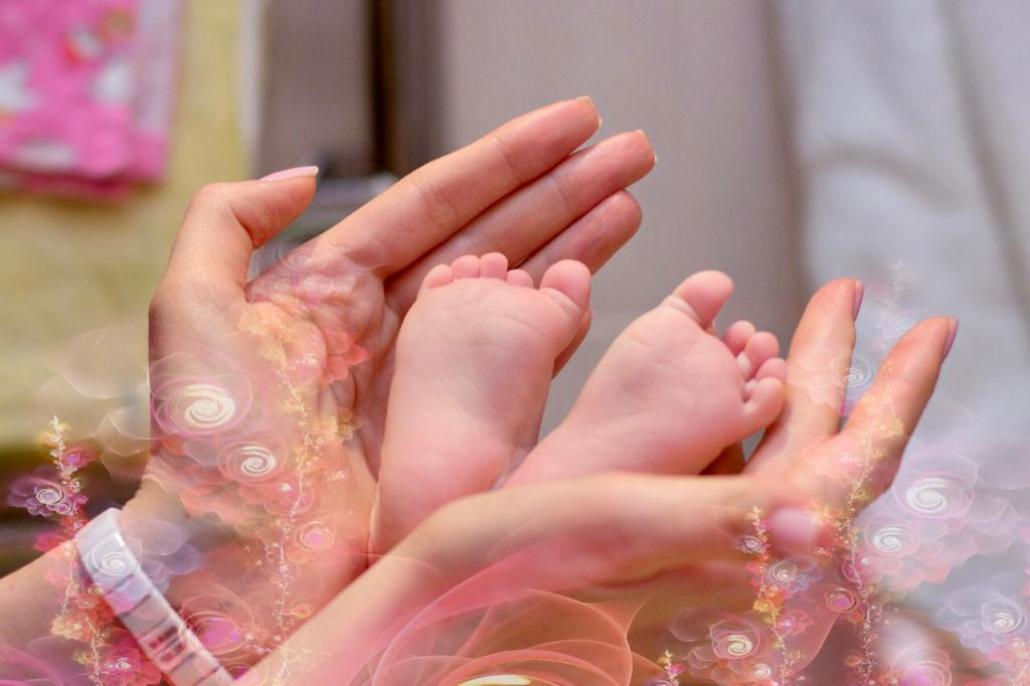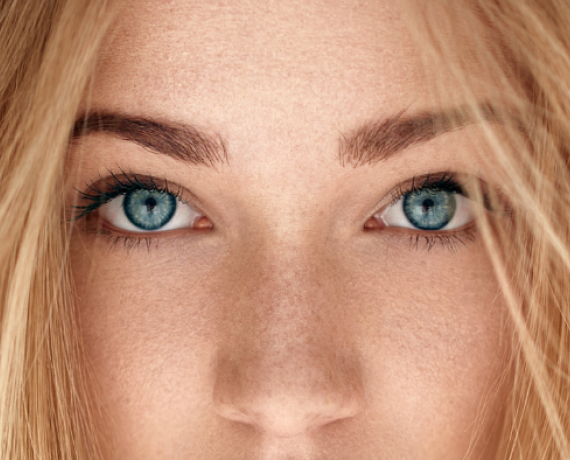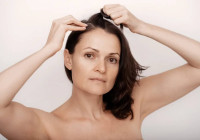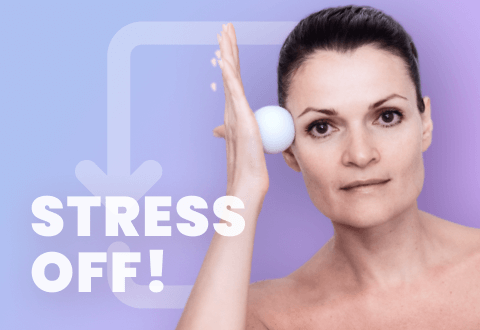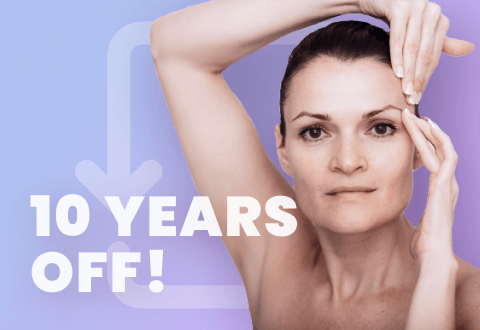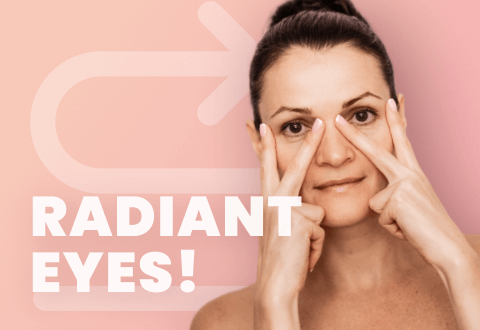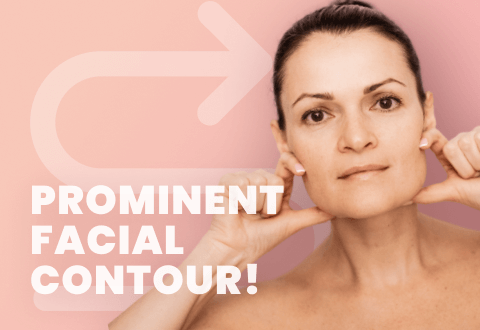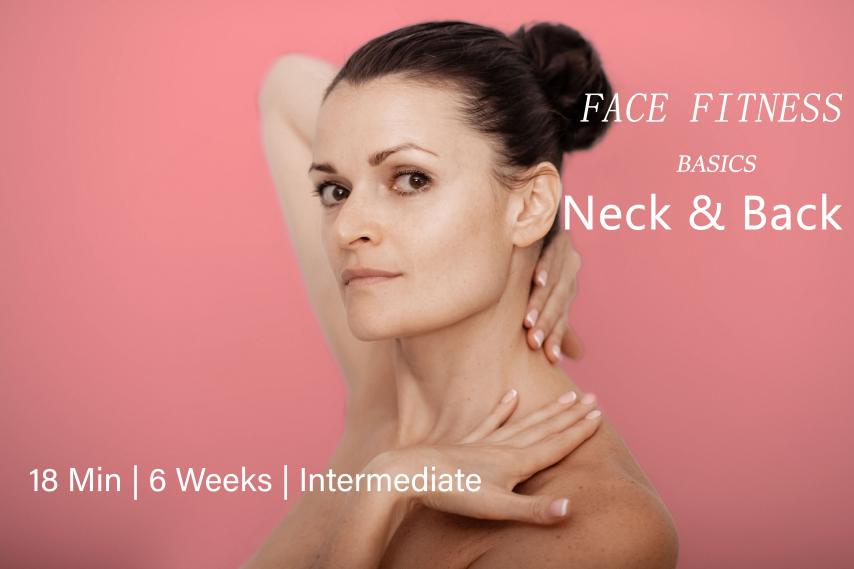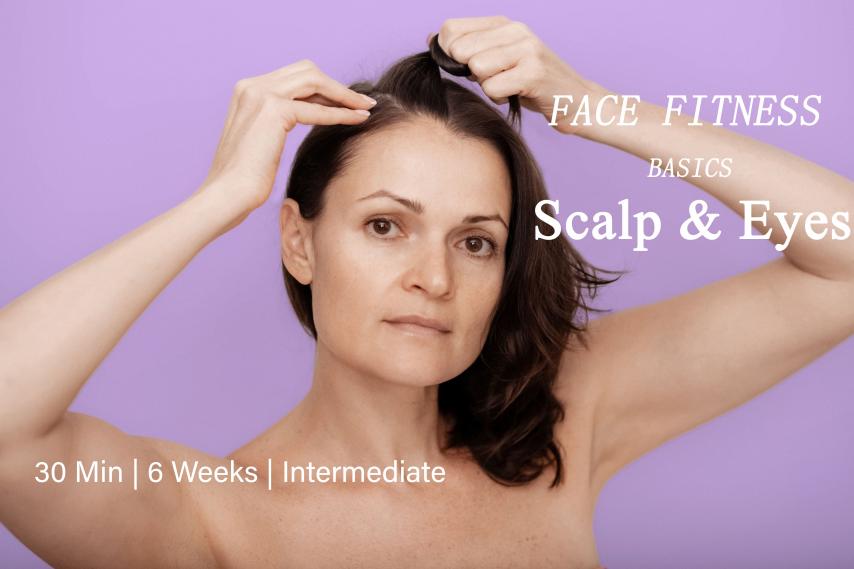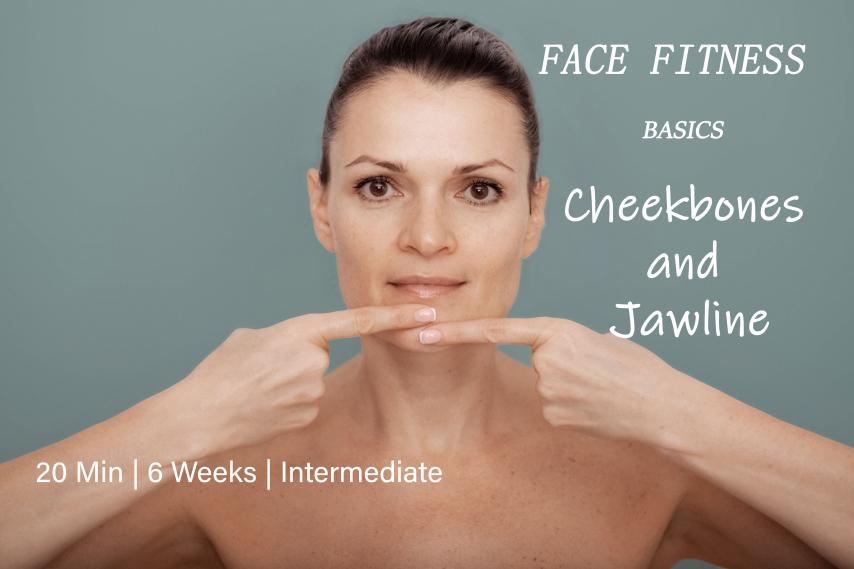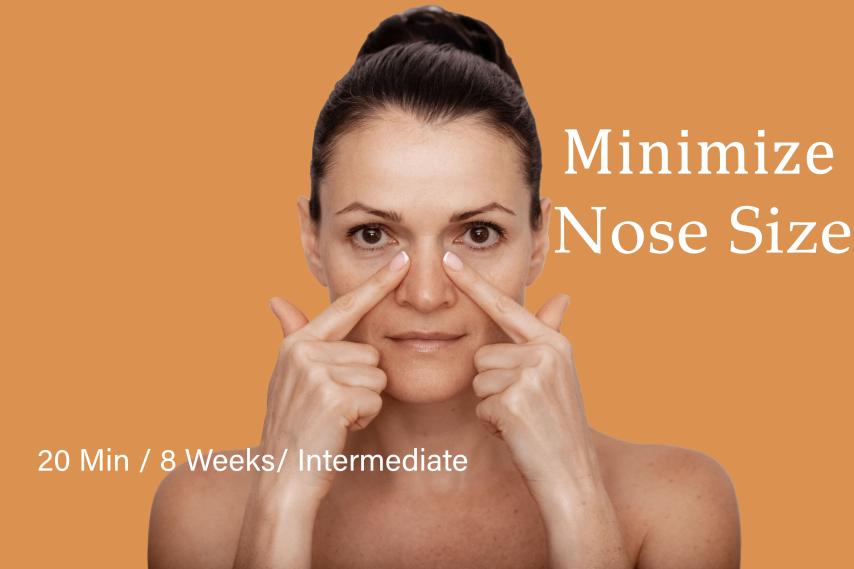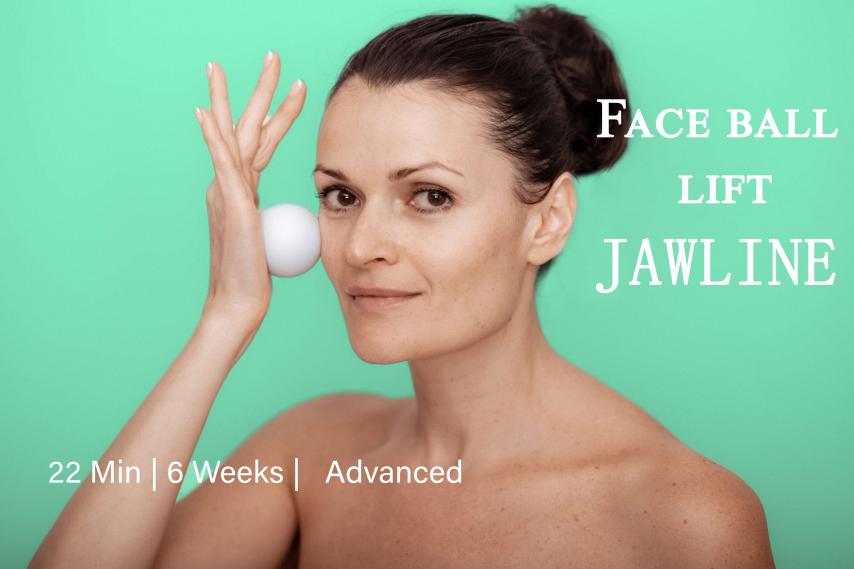It may take a while for your skin to rebound back after pregnancy. In this case, we are talking about pregnancy acne, dark patches across your forehead, nose, and cheeks, dry skin, hair loss due to dry skin, and many more.
Fortunately, blemishes and other skin changes will mostly resolve during the postpartum period. But, if you still have breakouts, dry skin, and other skin problems, here is what you can do to pamper your postpartum skin.
What causes postpartum skin changes?
Pregnancy-related skin changes arise from different reasons, but the major reason is in hormonal changes. These hormonal swings cause glandular changes and skin conditions like melasma or dry skin. Sometimes it improves your skin conditions and sometimes it will make it worse.
Postpartum acne and oily skin
A pimpled face is annoying but often unavoidable in the postpartum period. During pregnancy, your sebaceous glands come into play and produce the oily wax, called sebum, which keeps your skin moist. Excess sebum is good for very dry skin, but it can also clog the pores, leading to acne breakouts.
If you are still pimply postpartum, here’s what you can do:
- Wash your face with an anti-inflammatory cleanser twice a day
- Buy and use the Darsonval device. It removes the inflammation from your face
- Make ice cubes with fresh aloe juice 50/50 with water and wash your face with it in the morning and in the evening.
- Visit the sauna or hammam once a week to remove extra oil from your skin
- Do not squeeze the pimples
- Remove sugar from your diet
- Spend more time in the fresh air it will improve the metabolic process and remove toxins from your skin
Postpartum dry skin
Hormonal changes in pregnancy can leave your body parched, especially your face and your scalp. To treat dry flaky skin that persists after you have delivered, follow this dry skin revival regimen:
- Protect your skin from the sun. Apply a 30 or greater broad-spectrum sunscreen each day
- Gently cleanse. Wash your face only with plain water. This will be enough to wash off dust and dead cells from your skin.
- Use a humidifier in your bedroom especially in winter when the heater is on.
- Moisturize your face after the shower and before going to bed. Remember that in winter you need to apply the cream for at least 20 min. before you go out, or you will make it even worse.
- Hydrate from within. Of course, drinking plenty of water and taking omega-3 fatty acids can help your skin, but first of all, you need to improve blood circulation to your face. Your skin is dry for a reason and this reason is blocked vessels and tense muscles of your face and neck.
- Do face massage to relieve trigger points in the face and remove facial tension. If you don’t know how to do it, check the Cosmetic compression video program. This face fitness video course is designed for women who need to recover their face and neck after pregnancy.
- Do scalp and neck massage to hydrate your scalp from within. After childbirth your neck is tense and the blood supply and nutrition to your scalp is blocked and as a result hair loss! Follow these scalp massage tips and you will improve the condition of your scalp.
- Spray your scalp with sun protection hair spray to keep your scalp moisturized.
Postpartum loose skin
Your skin has been through quite an ordeal and of course, it takes time to bounce back. If your skin is not shaping back after giving birth, give it some time. Focus on healing your body with a healthy diet, good hydration, physical activity, vitamins, and of course beauty sleep (if possible at all :)
Sagging skin on the face is more obvious than on the belly and needs special care and attention. If you don’t know how to fix sagging skin on your face and body we have filmed very easy and effective beginner-level home exercises. It effectively drains face and body puffiness after pregnancy, fixes posture, which is crucial for the beauty of any face, and helps lift and revive the face at home. It is called a Pajama face fitness complex and is perfect for staying-at-home moms who can do exercising in pajamas together with kids.:) My kids love these morning exercises (I have 3 by the way) They will help children maintain a straight posture every day which is also great!
Postpartum skin hyperpigmentation
It is common in the postpartum period that pregnancy-related skin changes often resolve on their own, but in some cases, they stay on your body and face for good.
Melasma – is a very common mark of pregnancy. It leaves dark splotches across a woman’s face due to hormone level rise which causes hyperpigmentation. Fortunately, these patches usually disappear over time, although sun exposure can make it worse.
- Use a broad–spectrum sunscreen of at least an SPF-30 and stay in the shade from 10 a.m. to 4 p.m.
- Use sun-protective glasses and a hat to keep your skin covered
- Use sun-protecting lipstick.
- Switch to a moisturizer or foundation that offers the same level of sun protection
- Protect your neck and hands with SPF cream as well.
- Massage your face to improve blood and lymph circulation to your face and your melasma will fade away
Postpartum Anxiety
It is not unusual for women to feel down or depressed after giving birth. Many symptoms overlap between postpartum depression and postpartum anxiety (such as poor sleep, trouble relaxing, and irritability)
Fortunately, these depressive moods usually disappear over time, but it takes from 6 months to 2 years to recover. Postpartum anxiety is a sign that your body needs rest and good care, which is sometimes difficult to do. So, take every possible minute to lie down or breathe deep to help your body regain strength. Be kind to yourself and ask your family for help. You just have to live this part of your life through, and everything will get back to normal.
Tips for caring for your postpartum skin
The post-pregnancy skin routines that you have to be doing for healthy skin
- Stay out of the sun. Or at least minimize potential sun damage by applying broad-spectrum sunscreen (that blocks UVA and UVB rays ) with an SPF of 30 or greater.
- Keep your skin clean. A gentle cleansing may help prevent blemishes.
- Eat healthy foods and minimize sugar. Nutrient-rich foods, including fruits and veggies, whole grains, and healthy fats will support overall health, including healthy skin
- Drink plenty of warm water. In Japan, they treat many skin conditions by just drinking lots of warm water. Start your day with 2 glasses of warm water and have breakfast 40 minutes after. Also, drink water in the evening instead of eating (Autophagy) and you will CONSIDERABLY improve your metabolism and skin complexion
- Do morning exercises for at least 10 minutes a day. This will be enough to get your body's metabolic system turn on. Here are special lymphatic drainage exercises to turn on your body in the morning and lift and drain your face at the same time.
- Do face and neck massage at least 4 times a week to improve blood circulation to your head and face and thus improve cell nutrition and skin turgor.
- Breathe deep to calm down and control postpartum anxiety
- Get your beauty sleep at least 8 hours a day, or even better 9 hours a day.
Remember, you are beautiful just the way you are! These postpartum skin changes won’t last forever. Do a little twist in your daily habits and insert just 15 min a day of extra body and face care and the your face fitness results will be amazing!
By Marina Zuzie,
Medically Reviewed by Tatiana Zuzina, Tartu University, Estonia
